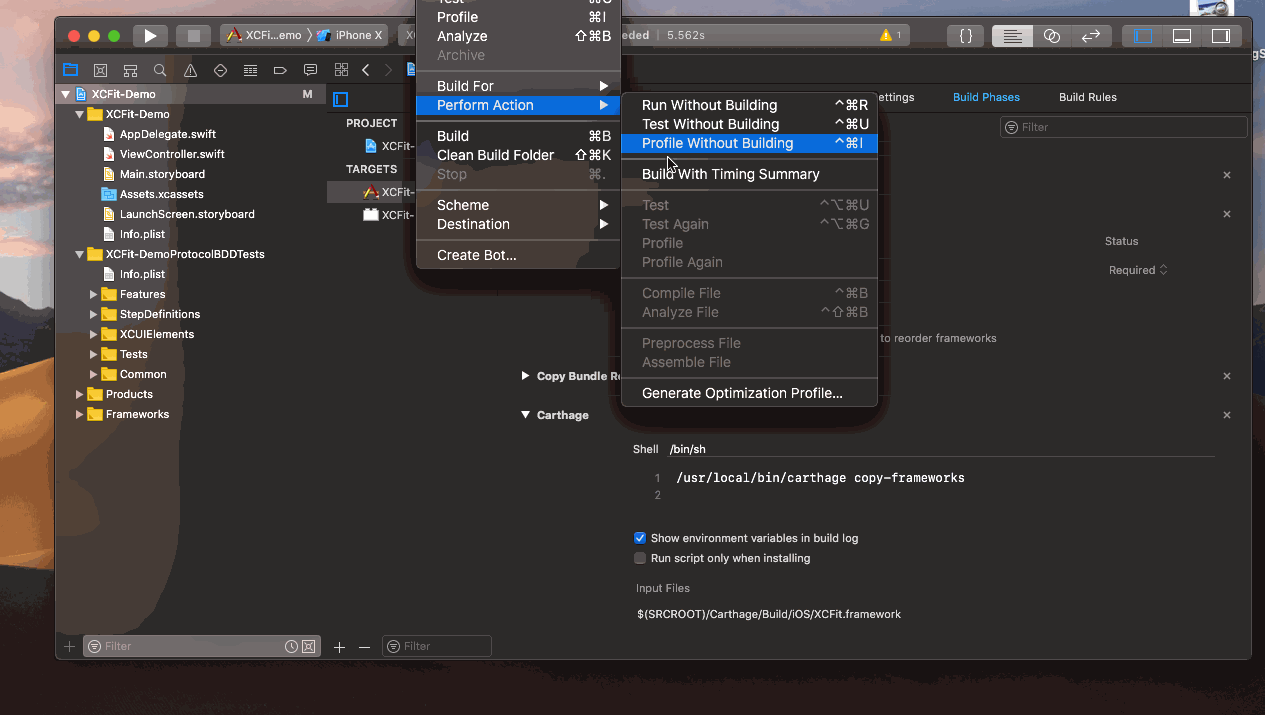
🥳 🎉 🎊Īll of these changes in localization require you to adopt the latest version of Xcode 13 and Swift. And anything that makes it easier for developers benefits translators and international users. These are real improvements that will make localization easier for developers. WWDC 2021 brought Xcode 13 and Swift 5.5, the biggest advances to localization we’ve seen for a few years. Imagine that you write some code that is supposed to retrieve some file from the File System and read it.Everything new, shiny, “just works”, and not-so-great Now, there is still something you have to consider which is that your Java code may become slower on some platforms.

If you run on Windows, the JVM will translate the bytecode into Windows-understandable instructions and will perform it. At execution time, the same bytecode is fed to the platform-specific implementation of the JVM.So the answer to your question is no, it's not because you compile your Java code on Windows that it will be more performant on Windows. No matter the platform you compile on, the bytecode will be the same. When you compile your Java source code you're translating it into bytecode.You can visualize the WORA (Write Once, Run Anywhere) slogan as follows: However, the same bytecode may perform faster/slower on a different O.S. Short answer: no, the bytecode will be the same independently on the O.S. on an ARM-based machine, you might want to choose a different JRE vendor than for an x86 machine. What's important, is the machine architecture. The OS where the code runs is nearly irrelevant for the performance, as it's mainly machine code that gets executed, not OS library calls. There have been permanent improvements on this part, so you can expect the very same compiled Java program to perform much better under a current JRE, compared to e.g. The greatest performance impact comes from the Java Runtime Environment, as this component takes the bytecode input and (in the performance-relevant situations) translates it into machine instructions (Just-In-Time compilation).

If there are any (minor) differences, they apply to the specific compiler used, and do not depend on the OS where that compiler runs. So, the output of different Java compilers will typically be very similar, and that's why the compiler and gthe compilation OS effectively don't matter. And in many situations, it's quite obvious which bytecode instructions have to be issued to represent some line of Java code. Java compiles to bytecode, which is a kind of abstract, high-level machine language. Then, when running the program, choose the "best" JRE for this machine and OS. Compile where you like, using the compiler you like. TL DR: Generally speaking, there is no such performance impact.


 0 kommentar(er)
0 kommentar(er)
